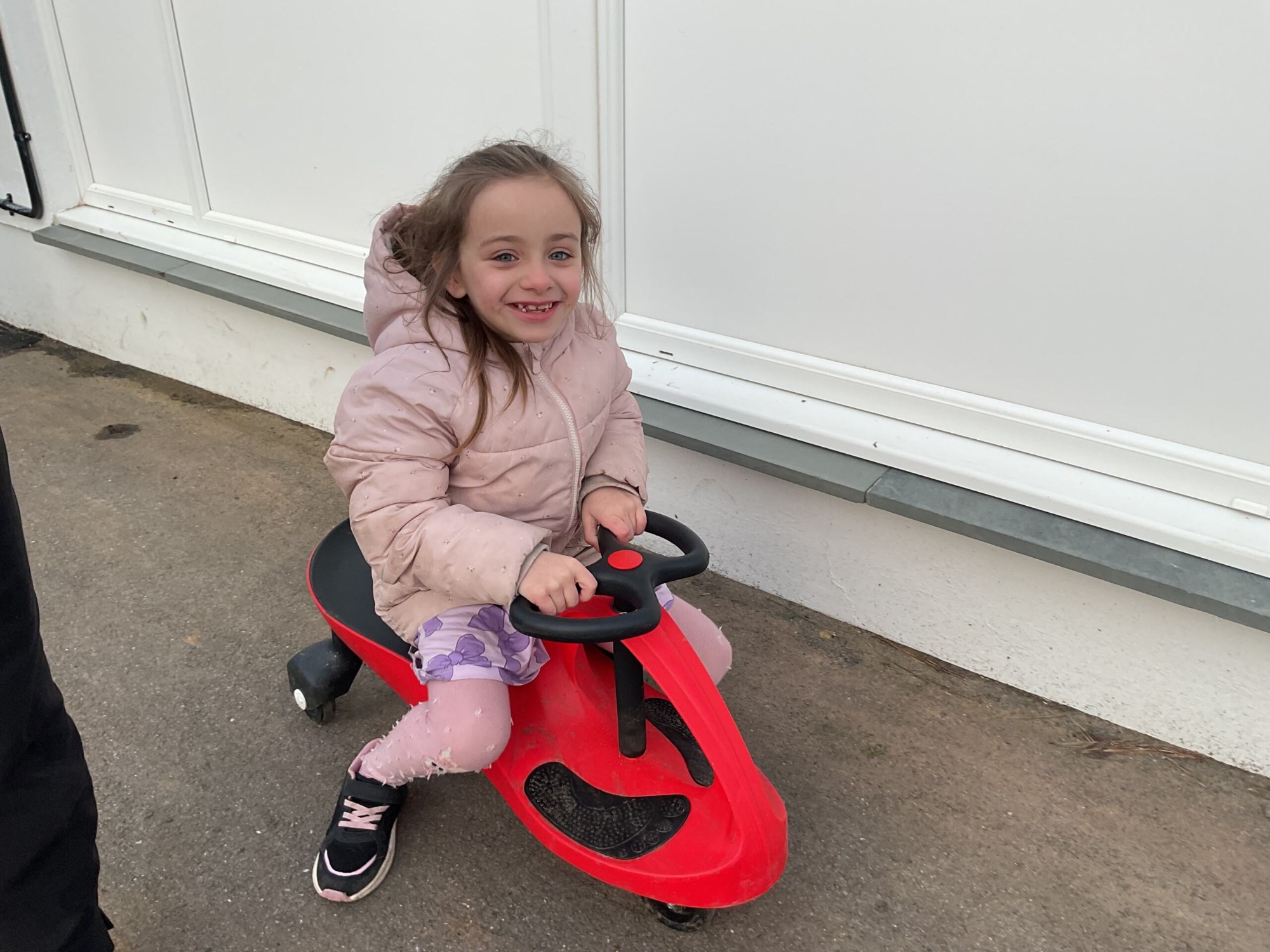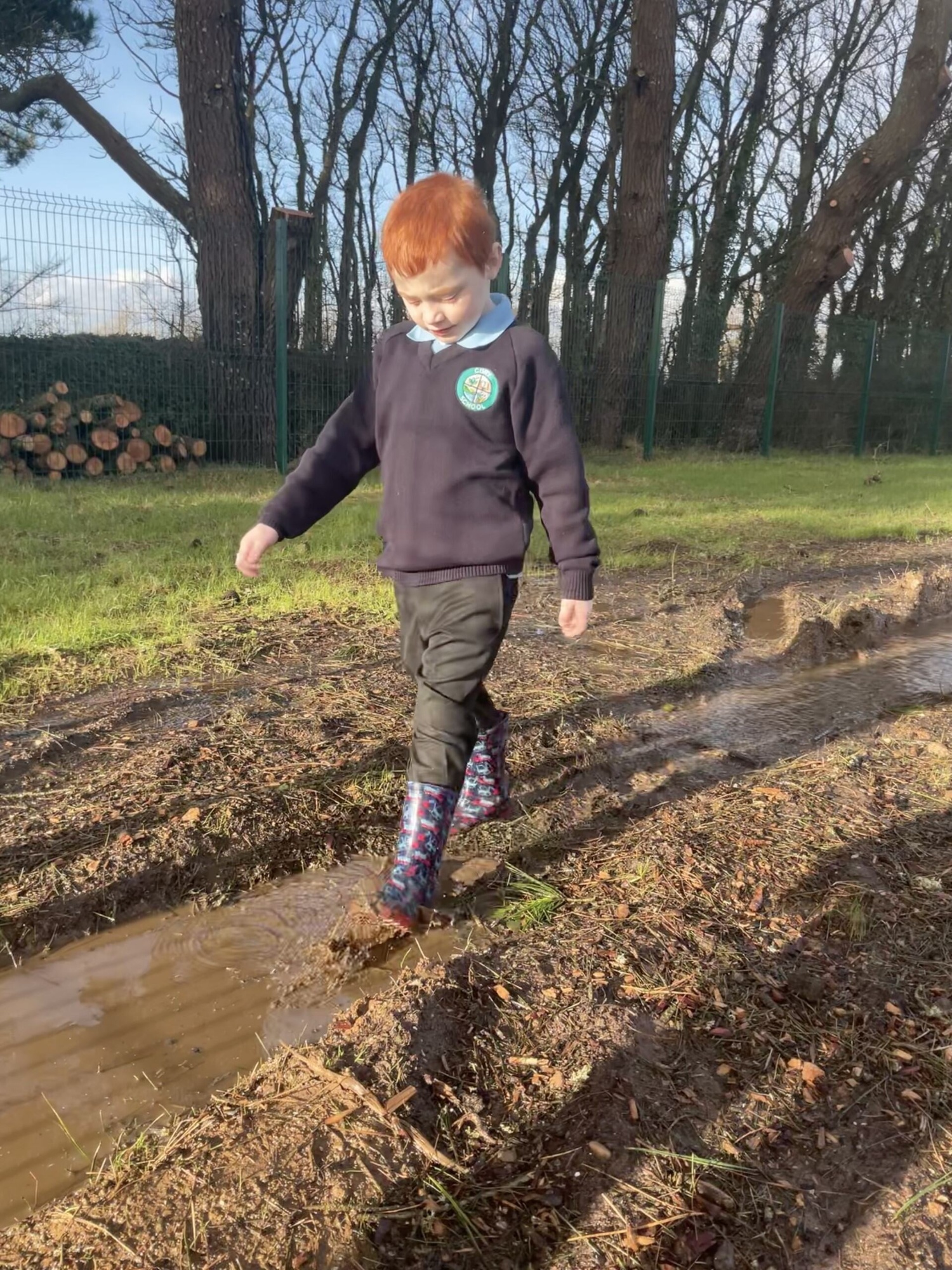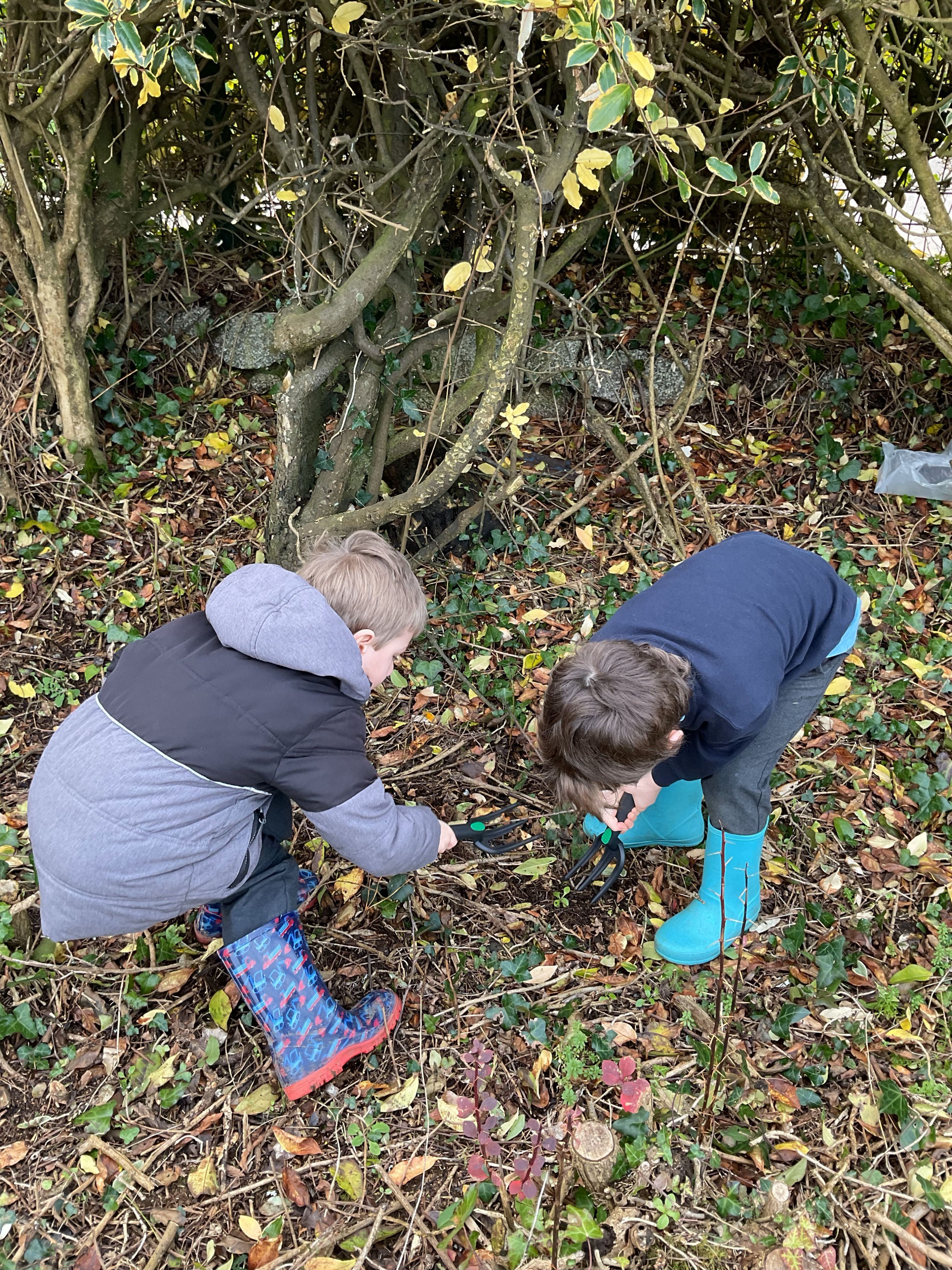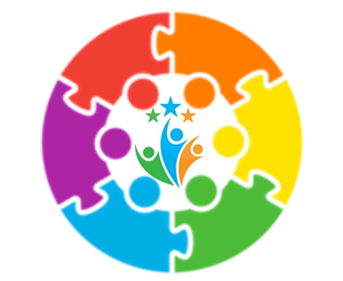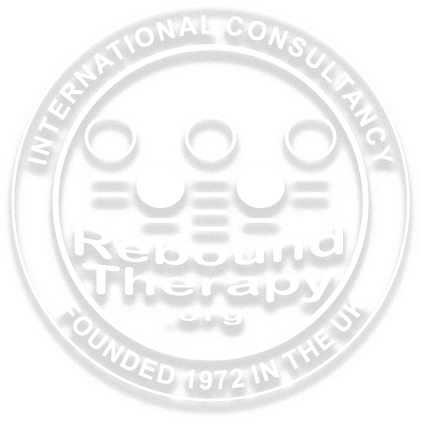Physical Education and Outdoor Learning
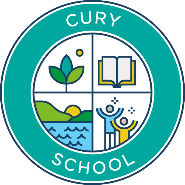
![]()
Cury School is committed to providing a comprehensive education that nurtures the whole child. Physical development and outdoor education are fundamental aspects of our curriculum.
We believe that physical activity is essential for both physical and mental health. Our Physical Development program promotes a healthy, active lifestyle by offering a variety of engaging activities. Through these experiences, pupils develop physical literacy, decision-making skills, and a sense of fairness and equality. We aim to instil a lifelong love of physical activity in our pupils.
The curriculum embodies a holistic approach to pupil well-being and development. Through a diverse range of physical, social, and outdoor activities, we aim to foster a positive school experience, improve emotional regulation, and develop skills that will last a lifetime. By ensuring inclusivity, adaptability, and support, we provide students with the tools to succeed both inside and outside of the classroom.
Outdoor Education provides invaluable opportunities for students to connect with nature, challenge themselves, and develop a sense of adventure. From early years nature-based play to advanced outdoor pursuits, our curriculum is designed to be both challenging and enjoyable. By exploring the natural world and participating in outdoor activities, students develop resilience, problem-solving skills, and a deep appreciation for the environment.
We believe that by combining physical development and outdoor education, we can empower our students to lead fulfilling and active lives.
![]()
Cury School offers a comprehensive Physical Education program designed to meet the diverse needs of all students. Our program combines a variety of activities, including swimming, rebound therapy, specialised interventions, and our core skills-based PE curriculum.
We believe that physical activity is essential for students' overall health and happiness. Our PE program provides opportunities for students to develop their skills, build confidence, and have fun. Through engaging activities, students learn important skills like teamwork, problem-solving, and perseverance.
In addition to our indoor PE program, we prioritise outdoor education. Students participate in a range of outdoor activities, such as nature walks, outdoor games, and adventure sports. These experiences help students develop a deeper connection with nature, build resilience, and enhance their overall well-being.
By combining physical education and outdoor education, we aim to equip our students with the skills and knowledge they need to lead healthy, active, and fulfilling lives. flexible, individualized, and responsive to the diverse needs of students, allowing them to progress at their own pace. Key components include:
Motor Skills Development: Focus on basic motor skills such as running, jumping, balancing, and throwing to improve physical coordination and body awareness.
Teamwork and Cooperative Games: Activities like relay races, team games (e.g., football, basketball, and dodgeball), and cooperative challenges to build communication, trust, and teamwork.
Mindful Movement: Incorporation of mindful and calming exercises, such as yoga, stretching, and deep breathing, to help with emotional regulation and stress management.
Adapted Sports: Where necessary, activities are adapted to ensure all students can participate and succeed, ensuring an inclusive approach that builds confidence and enjoyment.
Outdoor Learning Curriculum:
Nature-Based Activities: Hands-on experiences such as gardening, nature walks, and wildlife observation to help children connect with the natural world.
Bushcraft and Survival Skills: Age-appropriate outdoor survival skills such as building shelters, fire-lighting (with supervision), and learning about the environment and ecosystems.
Risk-Taking and Challenge: Opportunities for children to take managed risks through climbing, team-building challenges, and outdoor adventure activities that build resilience and confidence.
Outdoor Problem-Solving: Collaborative, problem-solving tasks such as treasure hunts, orienteering, and scavenger hunts that promote critical thinking, teamwork, and communication skills.
Reflective Practice: Guided reflection after activities, allowing students to discuss their emotions, successes, and challenges. This promotes emotional awareness and builds self-regulation.
Differentiation and Personalisation:
Activities are adapted to meet individual needs, with particular attention given to children with physical or emotional barriers to participation. An emphasis on positive reinforcement and celebrating achievements, regardless of how small, to foster motivation and engagement. For students who need extra support, tailored interventions can be provided in smaller groups or individually to foster personal growth and ensure access to all activities.
![]()
Cury School aims to inspire a lifelong love of physical activity and outdoor learning. We strive to empower our students to make informed choices that positively impact their physical and mental well-being. Through our comprehensive curriculum, we ensure that all students will achieve their full potential in physical development and social skills. We equip our students with the knowledge and skills needed to lead healthy, active, and fulfilling lives.
The impact of our PE/Physical Development and Outdoor Learning curriculum is measured in several ways, through both qualitative and quantitative data, as well as observations of personal development. We aim to achieve the following outcomes:
Improved Emotional Regulation and Mental Well-being:
Students will demonstrate an increased ability to manage their emotions and regulate their behaviour, particularly during physically active and social situations. Reduction in anxiety and stress, as evidenced by improved engagement and fewer behavioural incidents.
Enhanced Social Skills and Confidence:
Through team-based activities and outdoor learning, students will exhibit improved communication, collaboration, and conflict-resolution skills. Increased levels of peer interaction and improved relationships, as measured through social assessments and observation.
Physical Health and Well-being:
Students will show progress in their physical skills, including greater coordination, strength, and stamina, as well as a positive attitude toward physical activity. Increased physical activity levels, contributing to improved overall fitness and health.
Greater Resilience and Independence:
Through outdoor and adventurous activities, students will develop confidence in taking risks, overcoming challenges, and building perseverance. Students will be able to reflect on their achievements and learn from their mistakes, demonstrating greater emotional resilience.
Increased Engagement and Motivation:
More students will demonstrate consistent engagement with learning, both academically and socially, as a result of the positive experiences gained through PE and outdoor learning. Reduced absenteeism and behaviour incidents, linked to greater involvement in enjoyable, active experiences.
Personal Growth and Self-Esteem:
Students will show increased self-worth and a sense of achievement through regular participation in activities that promote skill development, success, and teamwork.
Enhanced student voice and autonomy, as students are encouraged to express their preferences and goals within the curriculum
